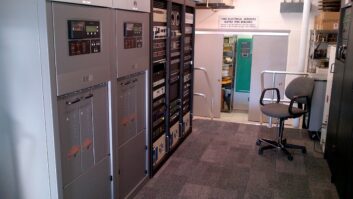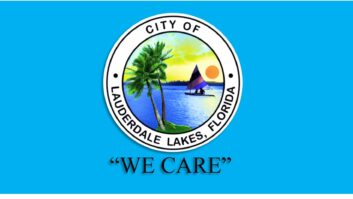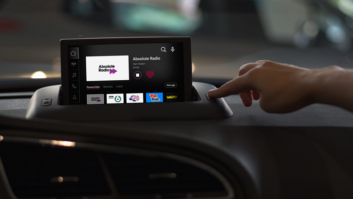A new radio documentary captures the impact of Irish pirate radio stations in the 1980s.
Russell Padmore, who spent 27 years as a BBC correspondent, said he owes his media career to Irish pirate radio. He was approached by a friend to produce a documentary on how pirate stations had a lasting social and cultural effect on areas in northwest Ireland.

The documentary originally aired on Highland Radio in Donegal, Ireland in March. It can be accessed in three parts on the Highland Radio website.
Influential pirates
In 1985, Padmore, then 27, managed the pirate North West Community Radio in Buncrana, where he was also on the air. In 1987, he launched his own pirate operation, KTOK, in Donegal.

“The pioneers of local radio created a media industry that thrives today,” Padmore said of the stations that operated without a license in Ireland. He said the pirates followed in the footsteps of 1960s U.K. unlicensed stations that broadcast offshore aboard ships.
Padmore said listeners in northwest Ireland had as many as six pirate stations to choose from over the course of the decade. While it was illegal to broadcast there without permission, he said the government had not yet introduced a framework for broadcast licenses. That made it simple for someone with entrepreneurial spirit to start a station.
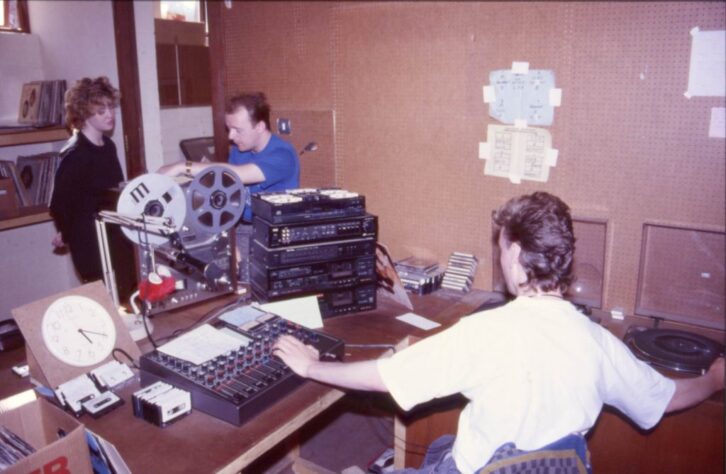
Testimonials from O’Donnell
The documentary features commentary from Daniel O’Donnell, the Irish country singer and TV host, who said pirate radio was important to his early career. O’Donnell’s music could be heard on several pirate stations, including some in Donegal that played country music.
Padmore said that pirate stations in Dublin, such as Sunshine and Radio Nova, drew larger audiences than the Irish public broadcaster RTÉ.
Michael Bradley, guitarist for the Undertones, spent time on-air at a pirate station in Donegal and his recollections are also featured.
“It was a cottage in the middle of nowhere, kind of basic, but it had electricity. There was a tower outside, there was a transmitter outside. I really enjoyed it,” Bradley said in the documentary.
The pirates even had a social impact before the Good Friday Agreement. Jackie Crossan, founder of North West Community Radio, said in the documentary that reception in Northern Ireland allowed the station to reach audiences in Derry and Limavady. Padmore said the pirates helped unite listeners on both sides of the Irish border.
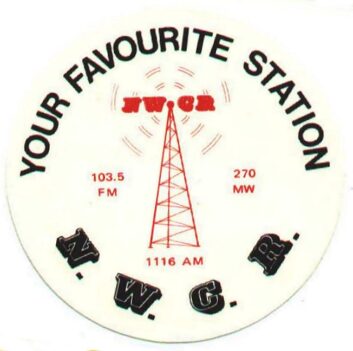
The three-part documentary can also be accessed on Padmore’s YouTube channel.
Radio World welcomes letters to the editor on this or any story. Email [email protected].

